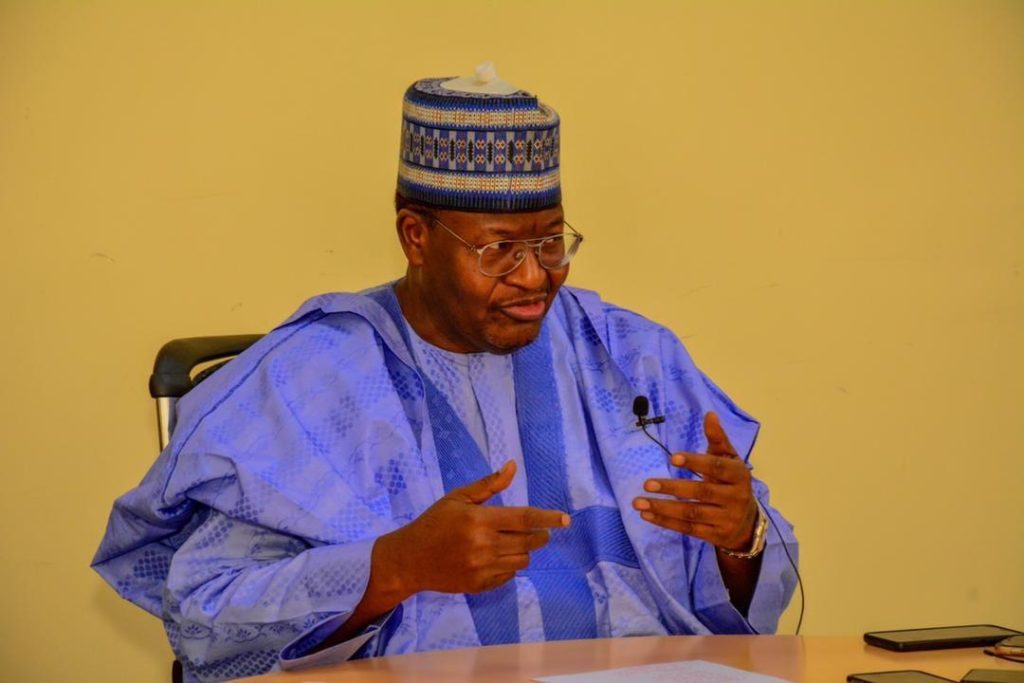The implementation of the National Digital Economy Policy and Strategy (NDEPS) 2020 – 2030 has resulted in the impressive growth of the economy, the Nigerian Communications Commission (NCC) has posited.
The Executive Vice Chairman of NCC, Prof. Umar Danbatta, who posited at the 2nd International Conference of the Association of Media and Communications Researchers of Nigeria (AMCRON) Taking Place Virtually, stated that implementation of the policy is attributed to the impressive statistics posted by the telecommunications sector, which is presently reputed as the second largest contributor to the national economy aside from the agricultural sector.
NDEPS policy is targeted at 10 objectives, which are:
- a) Target 70% broadband penetration in 4 years.
- b) To accelerate the digitalization of government processes and improve service delivery, transparency, and accountability.
- c) To improve trust, confidence and security around digital processes and activities.
- d) To attract and grow digital jobs across all sectors of the economy.
- e) To develop the technology start-up ecosystem by actively promoting innovation and entrepreneurship.
- f) To support the digital literacy of Nigerian Citizens, Business and Government workers and enable them to acquire cutting-edge digital skills.
- g) To achieve a 95% Digital Literacy Level in Nigeria within the next 10 years.
- h) To develop a digital education curriculum to meet the current and future needs of the Digital Economy.
- i) To ensure that indigenous technology companies can participate actively in government-funded technology programmes; and
- j) To ensure that the policy and regulatory instruments are fit-for-purpose and support the digital business environment.
With the diligent implementation of the policy, the Nigerian Communications Commission has been able to grow active telecom subscribers significantly to 212.2 million from about 400,000 aggregate telephone lines in the country as of 2000, on the eve of liberalisation.
This represents a teledensity of 111%. Basic Internet subscriptions grew from zero ground to 152.7 million currently while broadband subscriptions stand at over 86 million, representing a 45.09% penetration as of July 2022.
Also, the industry has also become a major contributor to Nigeria’s national economy with the Information and Communication Technology (ICT) industry contributing 18.94% to the nation’s Gross Domestic Product (GDP) as of the second quarter of 2022, according to the latest data released by the National Bureau of Statistics (NBS). From this, the telecommunications sector alone contributed 15% to GDP.
The ICT contribution to GDP is, by far, the second largest contributor to the national economy aside from the agricultural sector. From less than $500 million investment in 2001, the investment profile in the nation’s telecommunications sector has also surpassed $70 billion. The telecommunication sector has also created direct and indirect jobs for millions of Nigerians to date.

